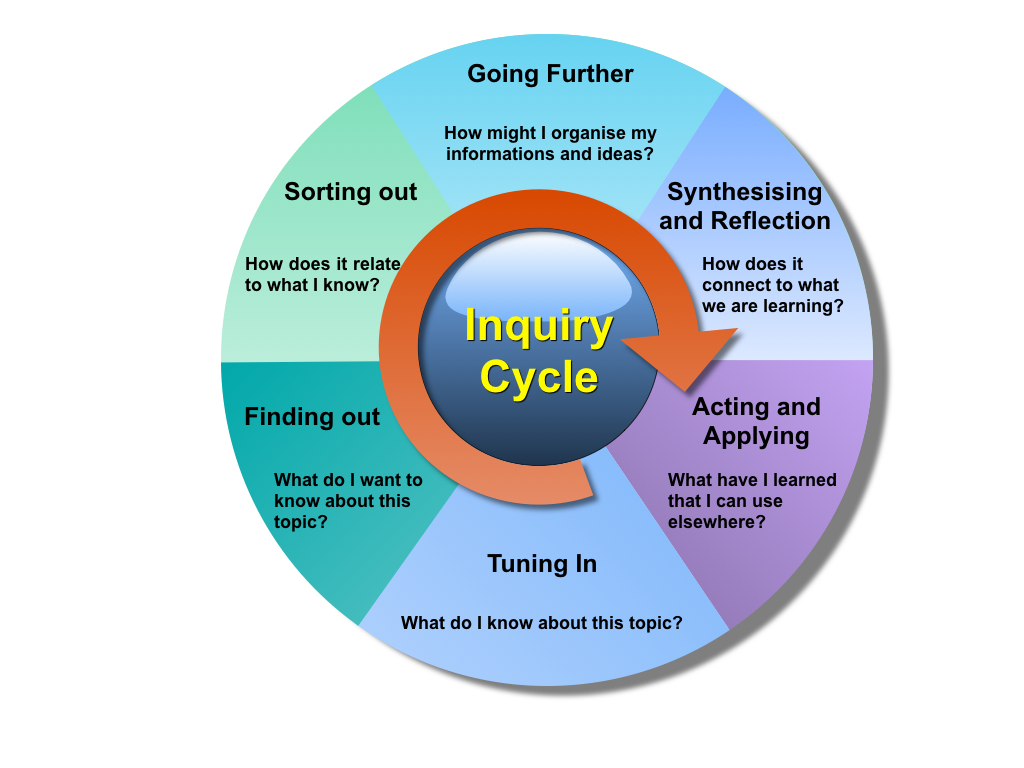How do young children learn effectively? Our schools provide a wide range of balanced and creative inquiry-based activities focusing on developing the whole child to become a life-long learner. The curriculum covers Language, Mathematics, Personal and Social Physical Education, Science and the Arts.
Children are natural inquirers, they have the competency and capability of building their own theories about the world around them. Inquiry-based learning means that we are honouring our children’s ability to drive their own learning. We are placing children questions and ideas at the centre of the learning process.
The questions our children ask remind us that the search for meaning is fundamental to what it is to be a global citizen. The urge to inquire activates thinking on many levels and in many forms. When we seek to make sense of the world around us, we wonder, we plan, we analyse, we create and we reflect. At its very heart, inquiry is all about thinking – thinking in order to make meaning.
In order to engage in authentic inquiry within the PYP, there is an increasing awareness of the need for our children to ‘make connections’ in their learning; to see the links between learning areas; to link prior and new knowledge; theory to action, and classroom learning to the ‘real world’. As teachers, we are now striving to make classrooms places where students are given the tools to help them become life long learners.
So what does Inquiry based learning mean?
